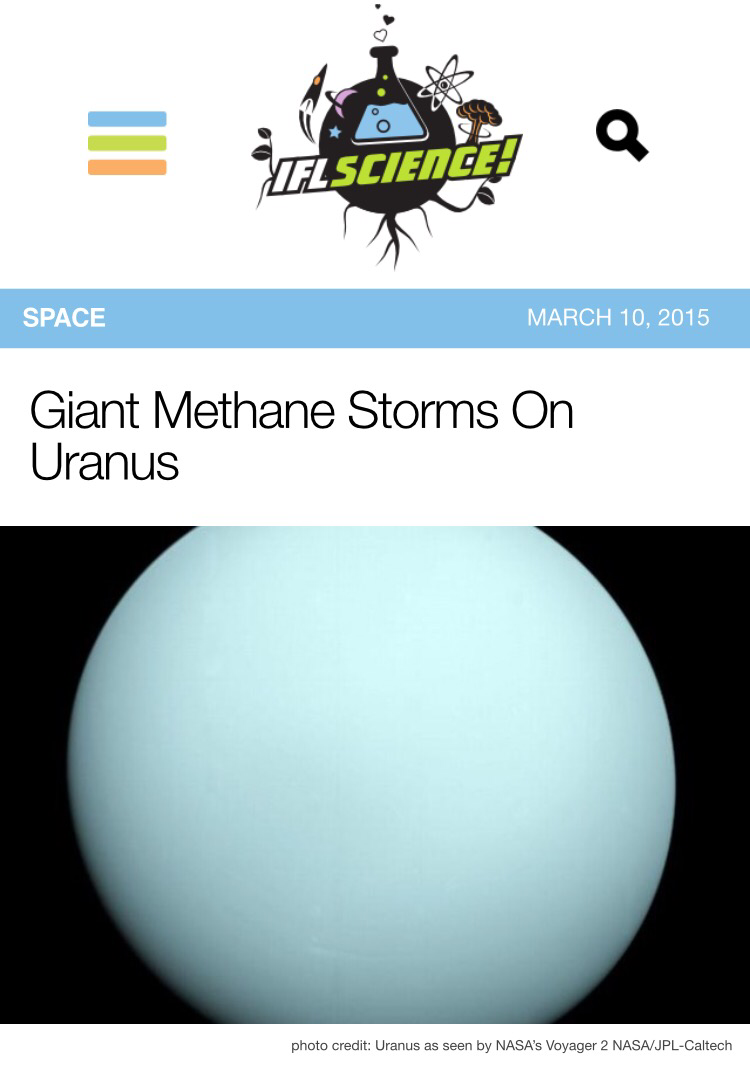I was going through posts on my old law blog, and found a post from about 3½ years ago in which I tried out something called the AgeAnalyzer. Using what I’m sure are extremely advanced socio-dynamic algorithms, the site examines a website and guesstimates the age of the writer. Back in 2012, it estimated my age, based on my law blog posts, as 51-65 years of age. I was 37 at the time.
My last post to that blog was in 2012 sometime. Now that I have moved my erstwhile blogging activities to this site, and refocused my efforts much more towards animal GIFs and WTF moments, I thought I’d see how this site compares, in terms of computer-estimated age.

Yup, AgeAnalyzer thinks the author of this blog (who is the same person as the author of the other blog, plus three years) is 26-35 years old.
A 26 year-old would have been born in 1989. I was in high school in 1989. People born in 1989, based on a quick and lazy Google search that made me realize how little I know about anyone who became famous after roughly 1999, include:
- Harry Potter,
- The cheerleader,
- The redhead from Mad Max: Fury Road,
- The Olsen who doesn’t have a twin,
- Catwoman’s roommate,
- Daenerys Targaryen’s personal assistant Missandei,
- Maeby Fünke,
- The new Pavel Chekhov,
- Sybil Crawley,
- McLovin, and
- Anakin Skywalker (the annoying one—no, the other annoying one).
I hadn’t heard of anyone else.
Meanwhile, famous people sharing my birth year include: Continue reading →
![Joe Flintham [CC BY-SA 2.0 (https://creativecommons.org/licenses/by-sa/2.0/)], via Flickr Joe Flintham [CC BY-SA 2.0 (https://creativecommons.org/licenses/by-sa/2.0/)], via Flickr](http://crypticphilosopher.com/wp-content/uploads/2015/09/5655067309_3927925973_z.jpg)








